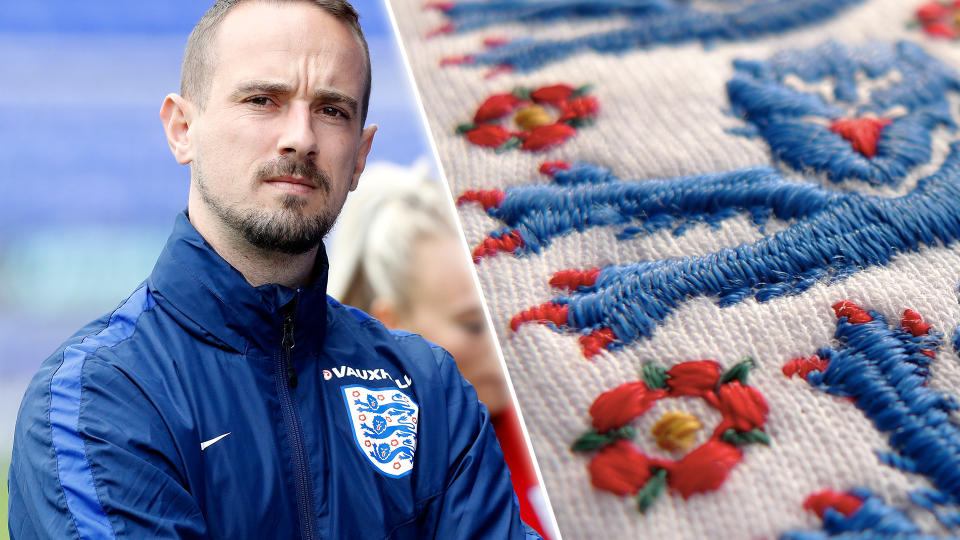Mark Sampson saga is an embarrassment and proves the FA are a shambles

Mark Sampson’s departure as England coach may come a little too late for some people’s liking – and what is clear is that there has been great damage done to the women’s game and to English football in general by the entire saga.
When Eniola Aluko’s allegations of discrimination and bullying became public knowledge in August, it followed a reasonably successful campaign for England in the European Championships. Sampson and his players had been bullish about their chances of winning the tournament, but were thoroughly outclassed by the slick movement and quick thinking of the Netherlands in the semi-final.
During Sampson’s tenure, which began in December 2013, the strength of communal spirit within the camp was emphasised repeatedly. In the summer of 2015, as the Lionesses won their bronze medal at the Women’s World Cup, one of the coach’s buzz phrases was “team of 23”; credit did not belong just to those who played, but to those who were part of the squad. It also became commonplace to see players picked for positions they were perhaps unused to, for the sake of the tactics, for the sake of the squad; rangy midfielder Jill Scott playing as a second striker was one example.
READ MORE: Mark Sampson sacked as England women’s team manager
READ MORE: Mark Sampson sacked: Timeline of England manager’s alleged treatment of Eniola Aluko
READ MORE: Eni Aluko brands England ‘disrespectful’ for Mark Sampson celebrations
Sampson’s side garnered increased media attention, and the FA revelled in it; the national press were finally interested in covering women’s football, albeit only at international level. A high-profile, successful women’s national team is key to their strategy for increasing participation at grassroots level, and to improving interest in the Women’s Super League, the domestic competition which resumes this weekend.
But that brighter spotlight also meant Aluko’s allegations received huge coverage. Martin Glenn, the FA chief executive, claimed that he had been advised recently by someone outside the organisation to read the investigation into Sampson’s conduct while coach at Bristol Academy – which had taken place several years earlier, in 2014.
Glenn was at pains to point out that the report indicated that Sampson had merely overstepped the professional boundaries between coach and player, and nothing in his behaviour had been illegal.
But, Glenn went on to say, “we have to have the highest standards if we are going to be trusted to be the governing body of football.” Glenn is of course quite right but this entire situation asks many more questions that must be answered.
Someone, somewhere at the FA has been surely aware for several years of these newly-reported allegations and the investigation that stemmed from them. When Glenn took over his role one would have expected him to be apprised of any personnel issues like this, or at least to have glanced through the files of his national team coaches.
Instead, it seems to have taken a recent tip-off for him to become aware that there might be a problem. Glenn mentioned that Sampson would be fine to work in football after undergoing some nameless, unspecified training – just not fine to be the coach of the England Lionesses. But Glenn is missing the point hugely.
If Sampson’s behaviour makes him unacceptable to work with the Lionesses, it must surely make him unacceptable to work with other teams. The women’s game has had enough problems being taken seriously; its players deserve respect, at all levels. There need to be appropriate safeguarding checks, and complaints need to be taken seriously. This has not happened in this instance. The man the FA made the face of English women’s football has proved an embarrassment; and the FA have proved themselves to be, once more, a shambles.

 Yahoo Sport
Yahoo Sport 






































